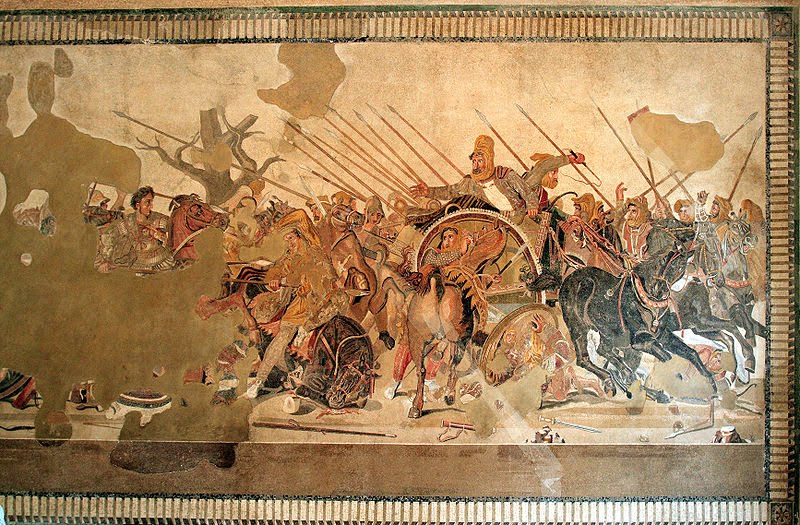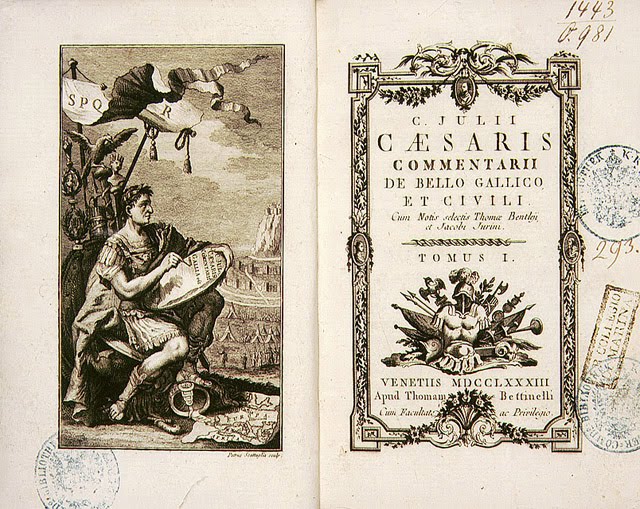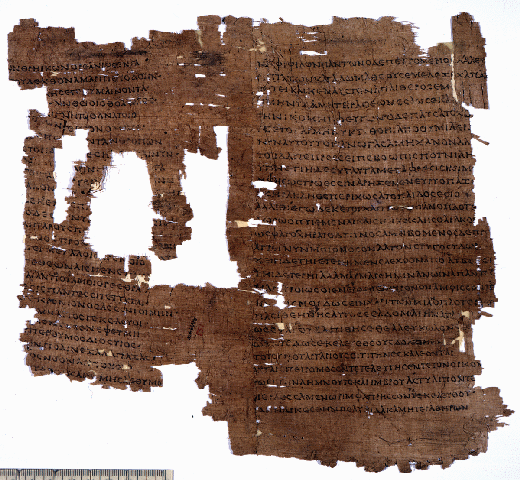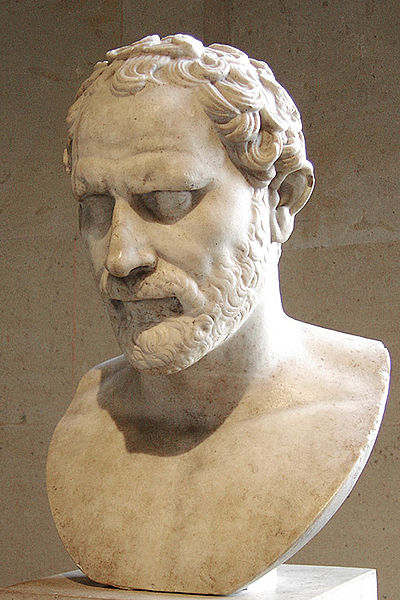I. Алкимедонт от Егина, борба (за момчета)
1. Съдържание
2. Коментари
The date of this victory is B.C. 460. Long as the ode is, it would
seem however to have been written, like the fourth Olympian, to be
sung in the procession to the altar of Zeus on the night of the
victory.
Of the forty-four odes remaining to us no less than eleven are in
honour of winners from Aigina.
(E. Myers)
II. Ефармост от Опунт, борба (за изпълнение в Опунт на празника на Аякс Локрийски)
1. Съдържание
2. Коментари
Its last line seems to imply that it was sung at a banquet at Opous, after crowning the altar of AiasOileus, tutelar hero of the Lokrians. From the beginning we gather
that on the night of the victory at Olympia Epharmostos' friends had
sung in his honour the conventional triple strain of Archilochos:
o kallinike chair' anax Herakleaes
autos te k' Iolaos, aichmaeta duo.
taenella kallinike
to which perhaps some slight additions had been made, but not by
Pindar.
(E. Myers)
III. Агезидам от Епизефирските Локри, юмручен бой (за момчета, за изпълнение в Епизефирските Локри)
1. Съдържание
2. Коментари
This ode bears somewhat the same relation to the next that the fourth
does to the fifth. It was to be sung at Olympia on the night after
the victory, and Pindar promises the boy to write a longer one for
the celebration of his victory in his Italian home. The date is
B.C. 484.
(E. Myers)
IV. Ерготел от Химера, бягане на дълго разстояние
1. Съдържание
2. Коментари
Ergoteles was a native of Knosos in Crete, but civil dissension had
compelled him to leave his country. He came to Sicily and was
naturalized as a citizen of Himera. Had he stayed in Crete he
would not have won this victory; nor the Pythian and Isthmian
victories, referred to at the end of the ode, for the Cretans seem to
have kept aloof, in an insular spirit, from the Panhellenic games.
The date of the ode is B.C. 472, the year after the Himeraeans had
expelled the tyrant Thrasydaios of Akragas. The prayer to Fortune
would seem to have reference specially to this event. The ode was
probably sung in a temple either of Zeus or of Fortune.
(E. Myers)
V. Ксенофонт от Коринт, бягане на един стадий и петобой
1. Съдържание
2. Коментари
The date of this victory is B.C. 464, when Xenophon won both the
Stadion, or short foot-race of about a furlong or 220 yards, and also
the Pentathlon, that is, probably, he won at least three out of the
five contests which composed the Pentathlon--the Jump, Throwing the
Disk, Throwing the Javelin, the Foot-race, and Wrestling, (
alma podokeian diskon akonta palaen).
This ode and the speech of Glaukos in the sixth Book of the Iliad
are the most conspicuous passages in poetry which refer to the great
Corinthian hero Bellerophon.
It is thought that this ode was sung on the winner's public entrance
into Corinth.
(E. Myers)
VI. Азопих от Орхомен, бягане на един стадий (за момчета)
1. Съдържание
2. Коментари
This ode was to be sung, probably by a chorus of boys, at the winner's
city Orchomenos, and most likely in the temple of the three or Graces,
Aglaia, Euphrosyne and Thalia.
The date of the victory is B.C. 476.
(E. Myers)
About the Latin Academy in the Vatican
13 years ago











No comments:
Post a Comment